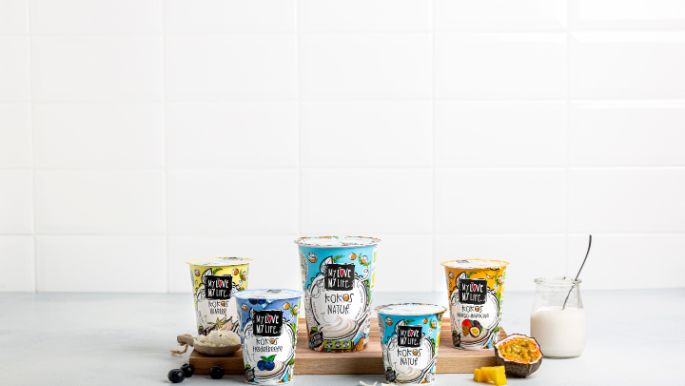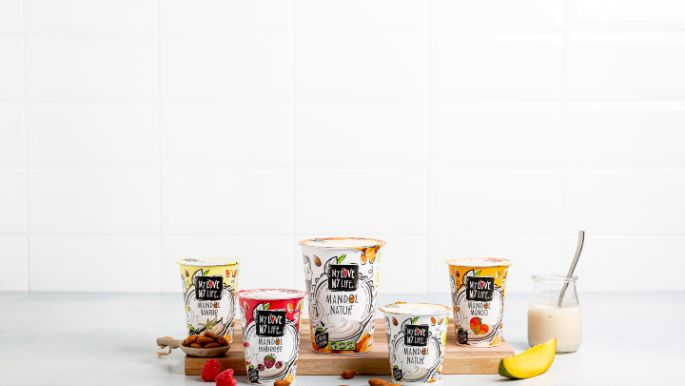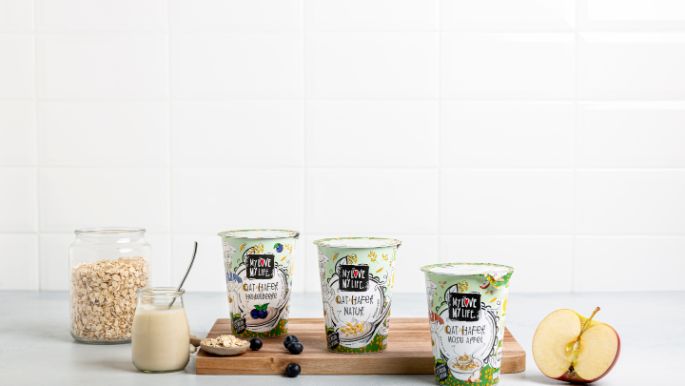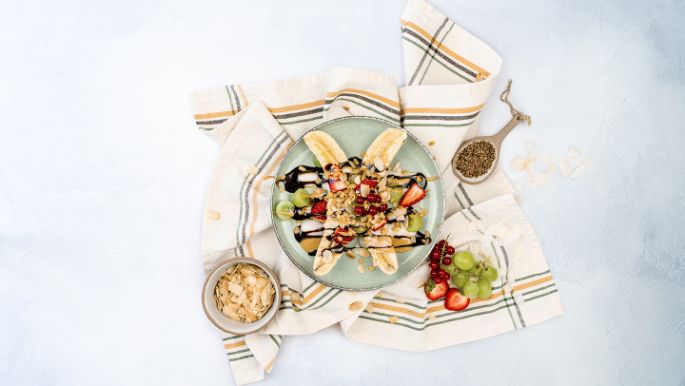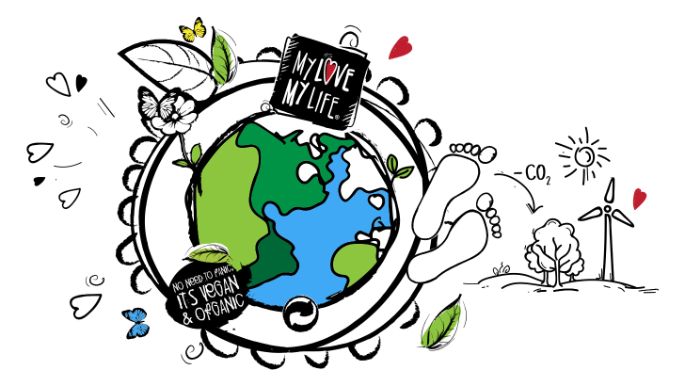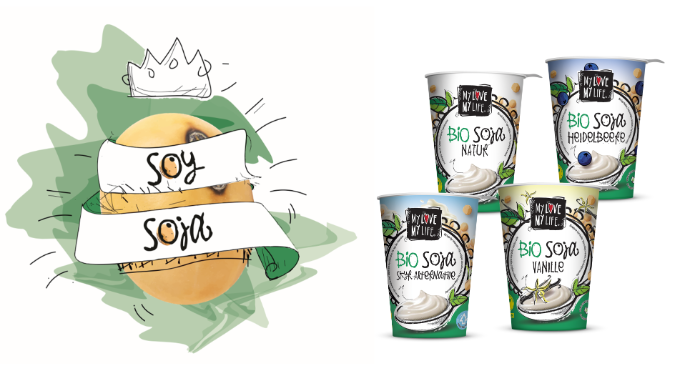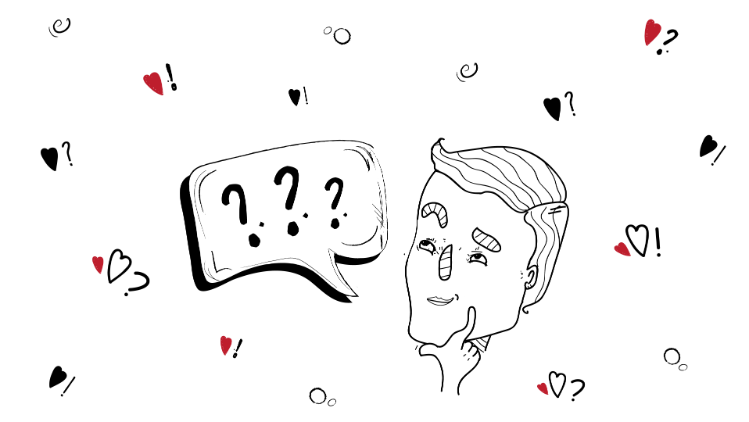
Frequently asked questions
Whether all our products are vegan, lactose-free and gluten-free, where they are made, what makes them special - whatever you want to know: With our FAQ we try to answer all your questions about us and our products as transparently as possible. If you have any other questions, please email us at office@mylove-mylife.at - we will be happy to help!
General information / product range
You can find our current product range of vegan organic yogurt alternatives at: https://www.mylove-mylife.at/aut/en/products/product-finder
All MyLove-MyLife products are organic, vegan and lactose-free.
With the exception of our oat products, all products are also gluten-free.
Our soy products also have a particularly high protein content.
We use soy from Austria for our soy products and oats from Austria for our oat products.
There is no added sugar in our natural varieties (they only contain natural sugar).
There are no added flavors in our fruit variants.
Our products are available in organic specialist shops in various countries, i.e. in various organic supermarkets as well as in small, local organic specialist stores. For example Alnatura and Denns Biomarkt.
If you cannot find our products in your trusted organic market, it is often worth asking for our products. In most countries, specialist retailers can simply order our products for you.
We also sell directly to wholesalers and therefore unfortunately we have no exact information about which stores stock our products.
Yes, all our products come from organic farming and are certified according to the EU Organic Regulation.
Yes, all MyLove-MyLife products are purely plant-based and certified according to the standard of the Austrian Vegan Society.
Allergens
Yes, all MyLove-MyLife products are naturally lactose-free.
Our almond, coconut and soy-based yogurt alternatives are naturally gluten-free.
All our oat-based yogurt alternatives contain gluten.
Lactic acid cultures do not contain milk and are therefore also suitable for people allergic to milk protein.
Lactic acid cultures break down carbohydrates and produce lactic acid in the process. This happens, among other things, during fermentation, which is therefore also known as lactic acid fermentation. Lactic acid bacteria occur naturally on fresh fruit and vegetables as well as in healthy intestinal flora. They metabolize carbohydrates, such as sugar or starch, to produce lactic acid. Lactic acid is therefore not of animal origin, but a product of lactic acid fermentation.
However, allergy sufferers should always consult their doctor to find out which products they can tolerate.
Ingredients / additives
The natural variants of our yogurt alternatives based on oats, coconut, soy and almonds have no added sugar - they only contain natural sugar. They are available in 400g pots and some are also available in 125g pots. The natural varieties are a wonderful alternative for anyone who would like to avoid added sugar or sweeten according to their own preferences or enjoy the yogurt alternatives with fruit.
The fruit varieties of our yogurt alternatives are sweetened with organic beet sugar.
Yes, the live bacterial cultures are added after pasteurisation. They take care of the acidification process and remain in the product until the end of the best-before date.
In general, microorganisms (bacteria, yeasts and fungi) are not of animal origin and can therefore also be used in vegan foods.
The carbon and nitrogen sources as well as the minerals required in the production process of the bacterial cultures also do not come from animals.
Our products contain only the naturally occurring amounts of calcium. We do not add any extra calcium. The products therefore contain the naturally occurring calcium content in the raw materials.
Our products are free from any artificial additives such as flavourings or colourings. Short ingredient lists are important to us. We rely on purely natural ingredients and only use what our products really need.
Sea salt is used in our products.
No, we only use sea salt without anti-caking agents.
Production / origin
Pasteurization is necessary for product quality and, above all, for product safety. Pasteurization is carried out before fermentation so that the lactic acid cultures are preserved.
Bacterial cultures are added to ferment our vegan yogurt alternatives. These bacteria break down carbohydrates and lactic acid is produced (lactic acid fermentation process). The lactic acid gives our products their typical mildly sour taste.
Disassemble the cup into its individual components. Remove the cardboard sleeve and separate the aluminum lid from the cup. Put the cardboard in the waste paper, the aluminum lid in the light metals or in the yellow bag or yellow garbage can and the cup in the yellow garbage can or yellow bag. However, please also note the regional disposal regulations, as these may be different in your area.
All our products are made in Austria - in the Kremstal in Upper Austria.
The indication of origin under the EU organic logo always refers to the total origin of the ingredients. EU/non-EU agriculture is indicated if the ingredients were produced partly in the European Union and partly in a third country.
Only raw materials from certified organic producers are used in the production of our vegan organic coconut products. No monkeys or other animals are used in the coconut harvest. As part of this certification, the aspect of monkey labor in the coconut harvest is also checked.
Quality
In the interests of our customers and the production of organic food, we do not use any additives. For this reason, our products may release water over their lifetime, but this has no negative effect on the taste.
The products become wonderfully creamy and homogeneous again by shaking before opening or stirring afterwards.
If you have any complaints or specific questions about our products, please send an email to qualitaet@mylove-mylife.at.
Our quality management team will get back to you as soon as possible.
We generally take complaints from our customers very seriously because they give us the opportunity to further improve our products and processes. If you provide our team with the best-before date printed on the product in question, they can check the retained samples to investigate your complaint.
“My Love. My Life. My Choice.“
